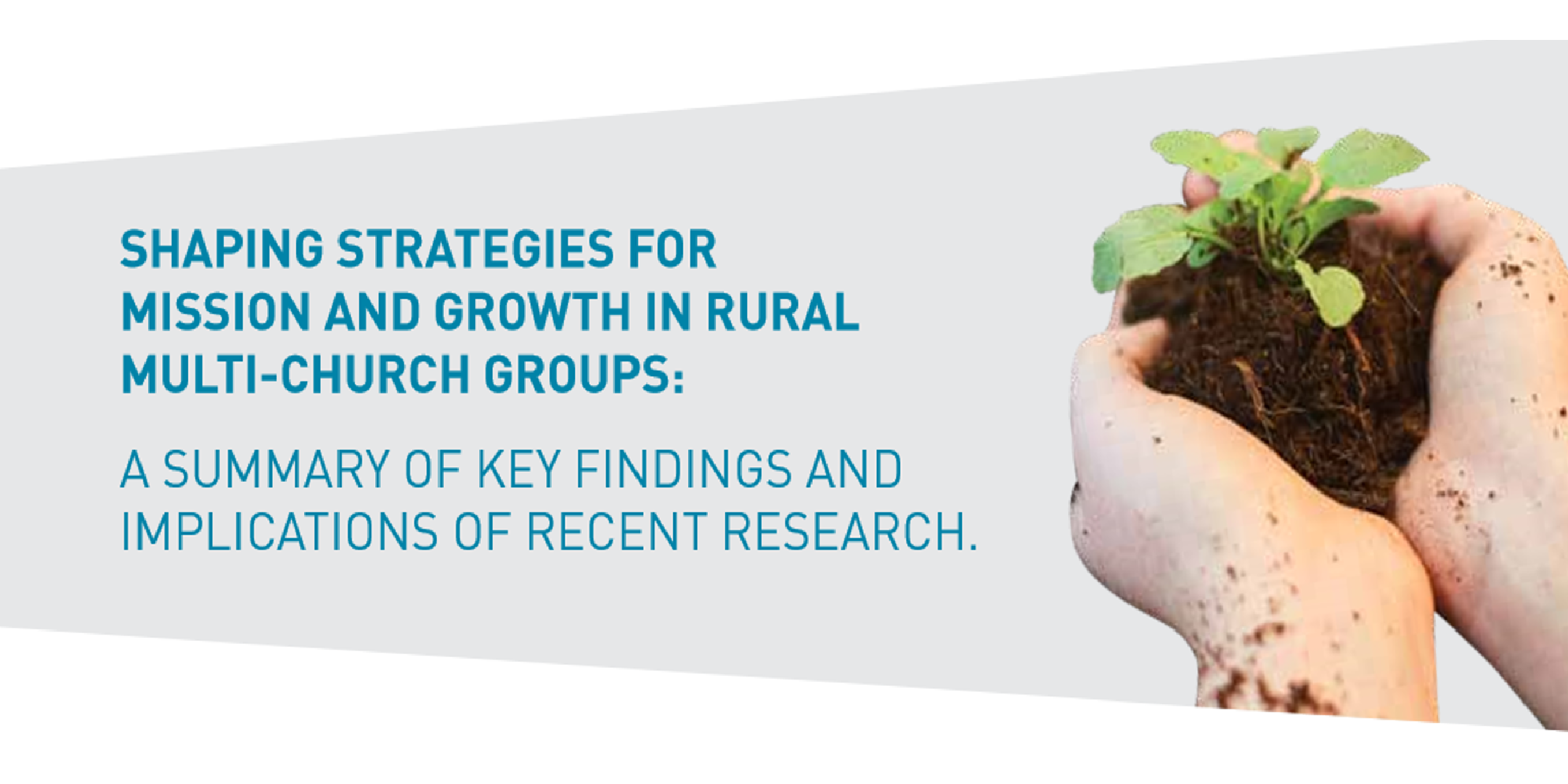
The Archbishops Council of the Church of England has recently published a new report on rural mission and growth. It provides recommendations, advice and guidance for dioceses, parishes, clergy and PCCs.
Shaping strategies for mission and growth in rural multi-church groups (April 2017) is a short report that draws together the findings of recent research and suggest ways that this can be applied to support local rural churches and encourage deepening of discipleship, making new disciples and serving the needs of community. It draws directly on and contributes to the objectives of Renewal and Reform. This brief report tells the real story of the rural church which is far from one of decline and failure, but one of potential and hope for the future.
The research shows that growth in rural churches is associated with six particular characteristics:
- An intentional focus on mission and evangelism, beyond a focus on Sunday worship.
- A culture of personal and corporate discipleship within congregations.
- A committed group of lay people leading a range of activities and events, with easily accessible training and support available.
- A redirection of time and energy, particularly but not exclusively for clergy, from administration and building maintenance to outreach, service and evangelism.
- An approach to ordained ministry in which discerning, nurturing and equipping the ministry of lay people within the body of Christ is one of the highest-priority areas of work for the clergy, backed up by appropriate training and support.
- Co-operation and collaboration within and between different multi-church groups, and ecumenically wherever possible.
The research indicates that developing these six characteristics must be a priority for rural multi-church groups which seek to grow.
The report also includes some excellent suggestions for implementation which include:
- The development of the ministry of lay people is a key part of the reality for rural congregations.
- Mission or Growth Action Plan or other approach that helps every benefice and every parish within every benefice develop an intentional focus on mission and evangelism, is essential.
- Developing new approaches to church, including fresh expressions of church, that take place across the week, not necessarily on a Sunday morning.
- Partnership working: working out what can be done together, drawing on and learning from others strengths.
- Clergy working as part of informal or formal teams of lay and ordained, across a multi-church group, deanery or other area.
- All multi-church groups need to develop effective systems for administration, finances and managing / developing the church building to enable mission and free up the time of clergy and lay people alike.